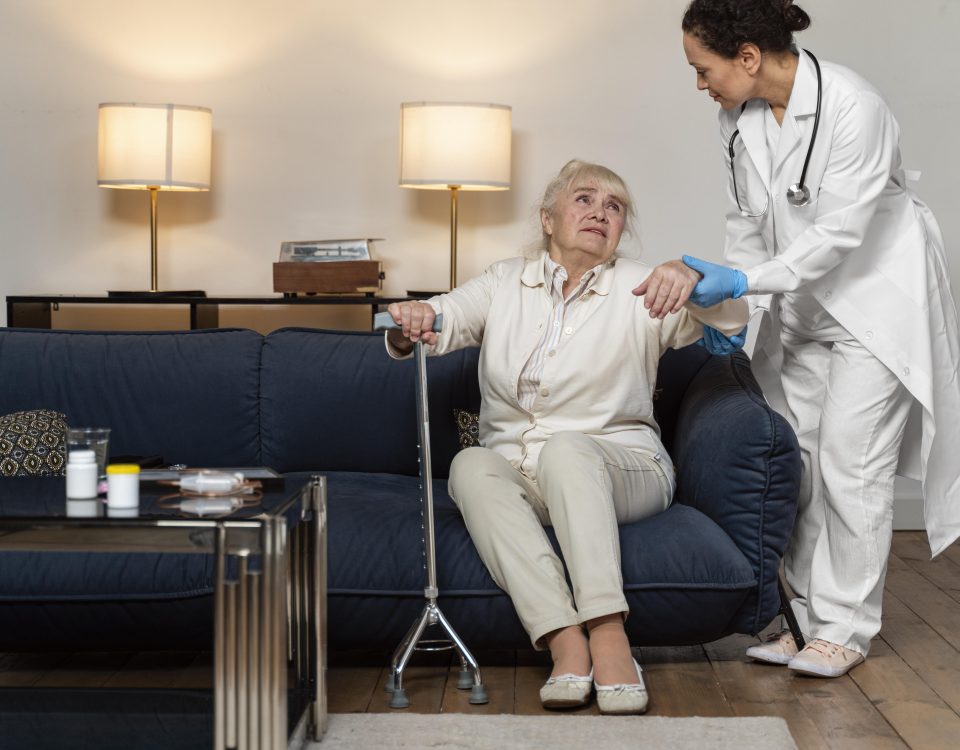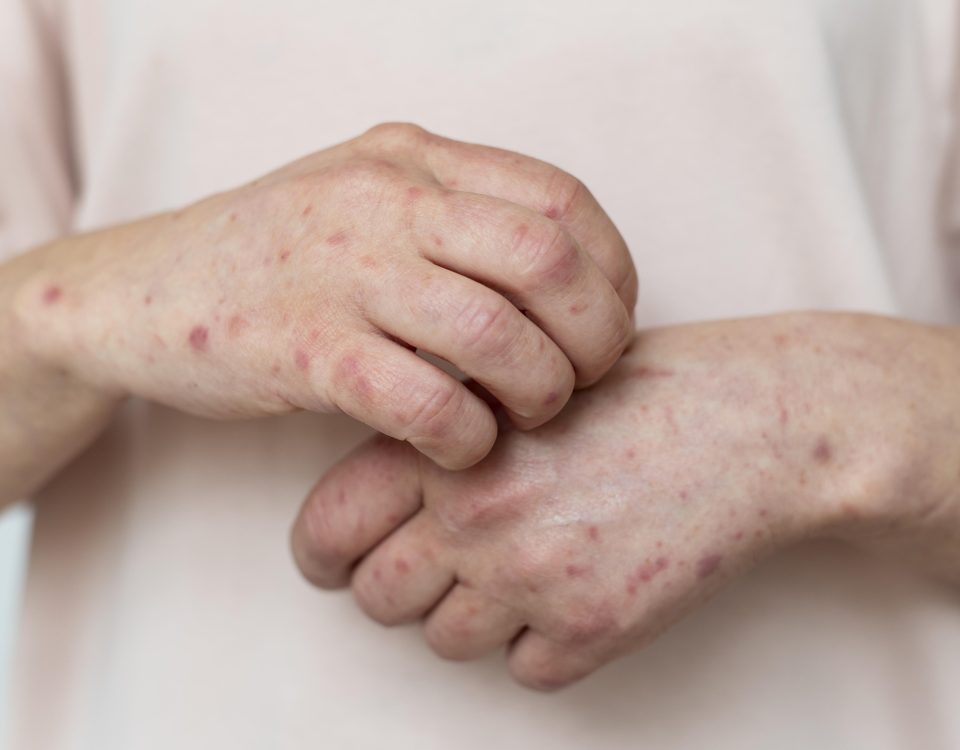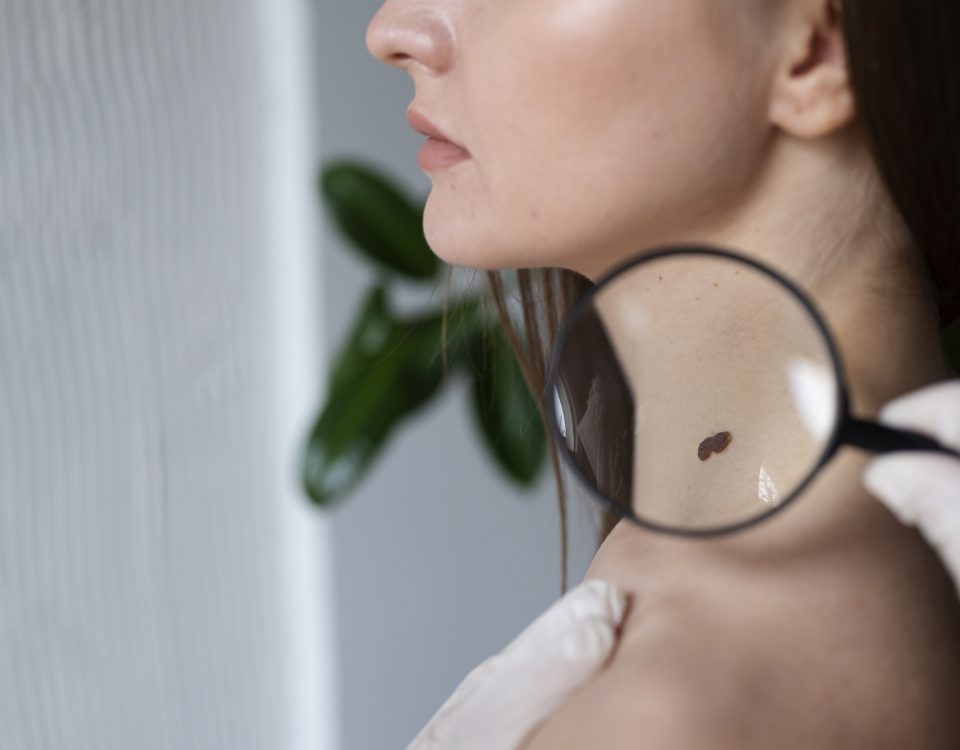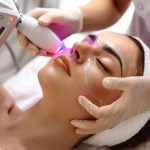
What Advantages Does RF Microneedling Offer?
9 September 2024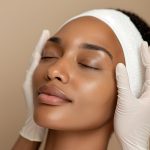
What Does HydraFacial Aftercare Involve?
10 September 2024What Contributes to an Older Appearance? Q&A
If you're dealing with wrinkles, fine lines, age spots, sagging skin, or droopy eyelids, Bergen Premier Aesthetics is here to help. We focus on the factors that contribute to an aged appearance and offer a range of treatments designed to rejuvenate your skin and enhance your natural beauty. To explore these factors in detail and discover how our services can benefit you, contact us or schedule an appointment online. We are conveniently located at 235 Old River Rd, Edgewater, NJ 07020.

What factors contribute to the appearance of aging?
Several factors influence how quickly we appear to age, and lifestyle choices play a crucial role. Here are some key elements to consider:
-
Diet and Exercise: A healthy diet rich in nutrients and regular physical activity can significantly impact your appearance. Staying hydrated and active promotes a more youthful look.
-
Sleep: Quality sleep is essential for overall health and skin rejuvenation. Aim for 7-8 hours of rest each night, and avoid sleeping on your stomach to minimize the risk of developing wrinkles and sagging skin.
-
Skincare Routine: Maintaining a consistent skincare regimen that hydrates and cleanses your skin is vital for reducing fine lines and preserving a youthful appearance.
-
Sun Protection: Protecting your skin from sun damage is crucial. Use sunscreen with SPF and wear UV-blocking clothing to prevent sun-induced aging. Additionally, avoiding smoking can help slow down the aging process of your skin.
What factors contribute to the perception of an aged appearance in a face?
Factors Influencing the Appearance of Aging on the Face
Several key factors contribute to how aging manifests on the face:
-
Wrinkles: Wrinkles are one of the most noticeable signs of aging, often caused by sun damage, smoking, and a decrease in skin moisture.
-
Loss of Fat: As we age, the fat beneath the skin diminishes, leading to a thinner and sagging appearance. Body Contouring can help tighten and tone targeted areas, restoring a more youthful and sculpted look.
-
Age Spots and Dark Circles: Prolonged sun exposure and lifestyle choices can result in age spots and dark circles, which can make the face appear older.
-
Sleep and Stress: Insufficient sleep and high stress levels can contribute to a tired and aged appearance, affecting overall skin vitality.
At what age does one begin to exhibit signs of aging?
Timeline of Visible Signs of Aging
Visible signs of aging commonly become noticeable in the 40s and 50s. However, individual factors can lead to earlier changes, such as loss of skin fat, smile lines, and wrinkles, which may begin to appear as early as the mid-30s. Additionally, those with fair skin may notice age spots sooner due to increased susceptibility to sun damage.
What are the seven indicators of aging?
- Fine Lines and Wrinkles: Small creases that develop over time, often due to sun exposure, smoking, and the natural aging process.
- Dull or Uneven Skin Tone: A lack of radiance and uneven pigmentation that can make skin appear tired or aged.
- Dryness and Flakiness: Skin can become less hydrated, leading to rough patches and an overall lack of moisture.
- Age Spots and Blotchiness: Discoloration from sun exposure, hormonal changes, or aging, leading to dark spots or uneven patches. Laser Genesis effectively treats pigmentation, reducing sunspots and freckles for a smoother, more even tone.
- Rough Skin Texture: The skin may feel less smooth due to a buildup of dead skin cells and loss of collagen.
- Enlarged Pores: Increased visibility of pores, often due to loss of elasticity and oil production changes.
- Loss of Skin Elasticity: Skin may sag or lose its firmness as collagen and elastin production decreases.
What measures can I take to prevent my face from appearing aged?
Tips for Keeping Your Face Looking Youthful
-
Sun Protection: Always apply a broad-spectrum sunscreen with at least SPF 30. Consider wearing UV-blocking clothing for added protection against sun damage.
-
Avoid Tanning: Both natural sun exposure and tanning beds can lead to premature aging of the skin, so it's best to steer clear of them.
-
Healthy Lifestyle: Maintain a balanced diet rich in fruits and vegetables, exercise regularly, stay hydrated, and limit alcohol consumption to promote overall skin health.
-
Skin Care Routine: Invest in high-quality skincare products for cleansing and moisturizing. Keeping your skin well-hydrated and clean is essential for a youthful appearance.
Our daily habits have a significant impact on how our skin ages and, in turn, our overall appearance. By understanding how lifestyle choices influence skin health, you can take proactive steps to prevent premature aging.
FAQ's About What Contributes to an Older Appearance in Edgewater, NJ
Reviews
Check Our Reviews
Megan M.
I had the best-ever experience with the aesthetician Lillian during my Hydrafacial treatment. Lillian was incredibly thorough, displaying a remarkable level of expertise and knowledge.
Soraya D.
Bergen Premier Aesthetics really changed my life. I have hormonal problems which makes me have a lot of facial hair. I would wax my face twice a week before starting the laser treatment there.
Elizabeth H.
Looking for the best laser hair removal place in town? Look no further. Lilian Not only is she a true professional, but she's also incredibly honest and will make you feel comfortable during your treatment.
Need a quick help or have questions?
Opening Hours
Monday - Friday
09:00 AM - 05:00 PM
Saturday
09:00 AM - 02:00 PM
Sunday
Closed
Our Address
235 Old River Rd, Edgewater, NJ 07020


